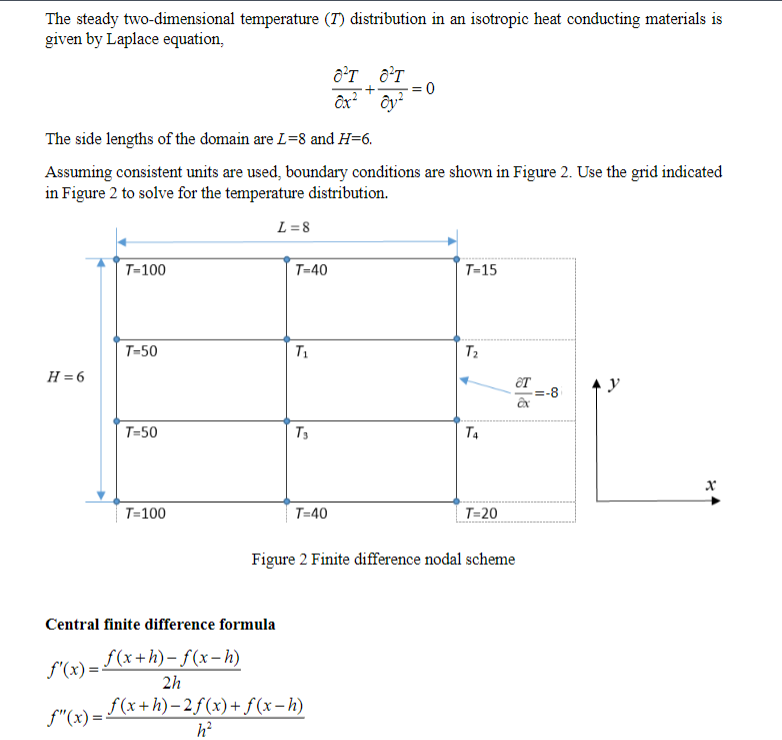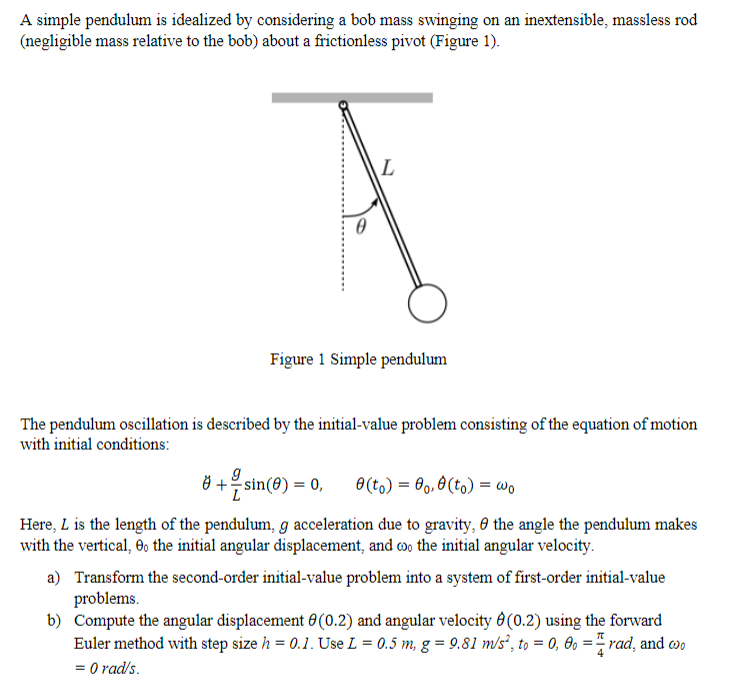Answered step by step
Verified Expert Solution
Question
1 Approved Answer
problem 1 The steady two-dimensional temperature (7) distribution in an isotropic heat conducting materials is given by Laplace equation, 7=0 The side lengths of the
problem 1


Step by Step Solution
There are 3 Steps involved in it
Step: 1

Get Instant Access to Expert-Tailored Solutions
See step-by-step solutions with expert insights and AI powered tools for academic success
Step: 2

Step: 3

Ace Your Homework with AI
Get the answers you need in no time with our AI-driven, step-by-step assistance
Get Started


